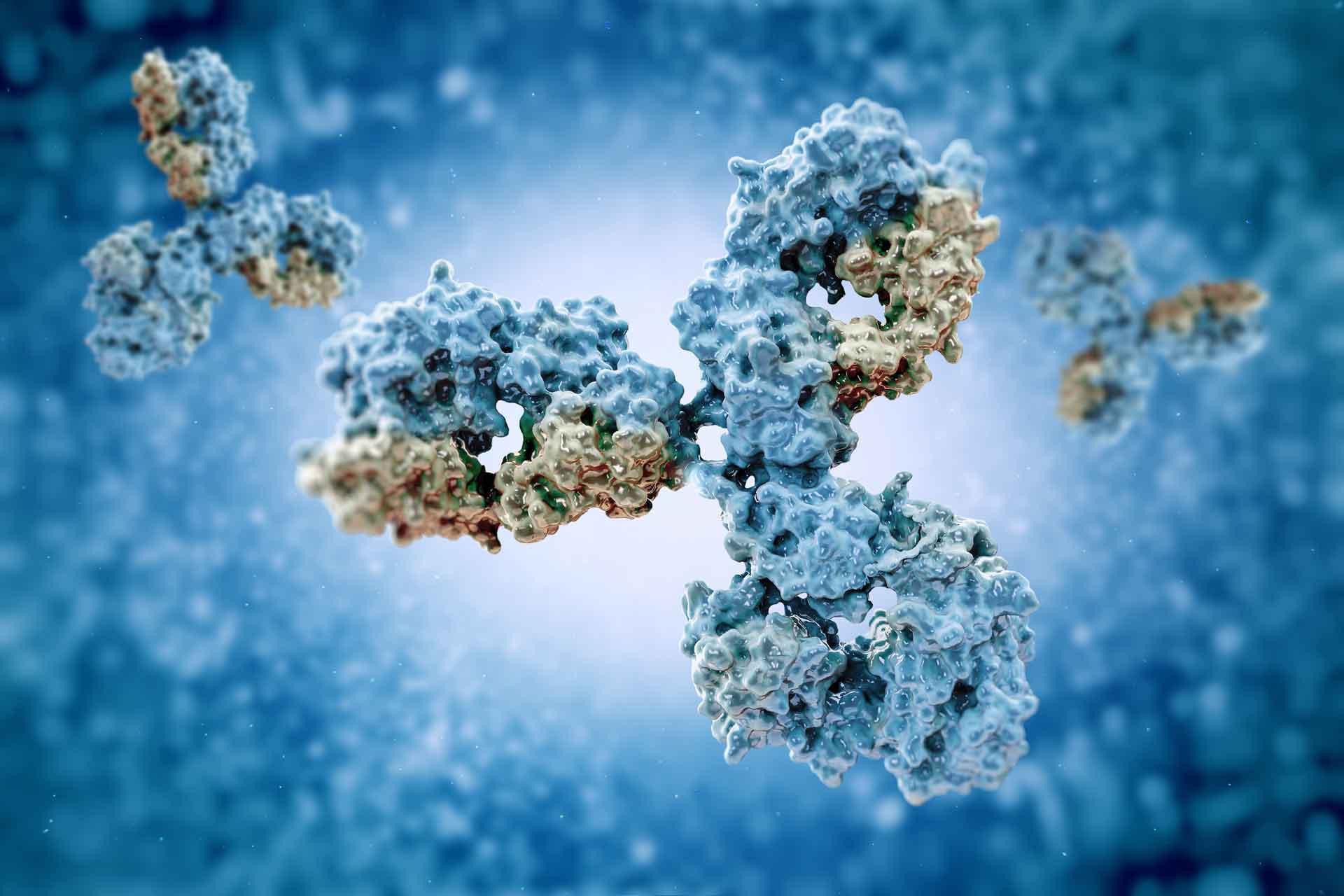The Pirbright Institute hosted the inaugural Comparative Veterinary Immunology Group (CVIG) meeting ‘Frontiers in Human and Veterinary Antibody discovery’ on 26 and 27 November, 2018 where 120 renowned immunologists from around the world congregated to share knowledge and understanding of B cell biology and stimulate new collaborations.
Dr Elma Tchilian, Chair of the CVIG and head of the Mucosal Immunology group at Pirbright said: “This was a very exciting meeting covering many aspects of current B cell and antibody research. The belief of the CVIG is that comparing immune responses between species is highly informative and the meeting confirmed this view. We will build on this success and organise many more events to bring human, mouse and veterinary immunologists together.”
The event was organised jointly by the CVIG of the British Society for Immunology (BSI) in conjunction with the Biotechnology and Biological Sciences Research Council (BBSRC) UK Veterinary Vaccinology Network (VVN). The exceptional line up of international speakers covered a broad range of research areas, including all aspects of B cell development, the antibody repertoire (the stock of antibodies available within an organism), antibody structure, and the design of vaccine components.
B cells form a vital component of the immune response; their ability to respond to new infections and produce antibodies that can neutralise invading pathogens make them important targets for vaccine and therapeutic research.
Cutting-edge technology has allowed scientists to understand the genetics of veterinary and human B cell responses and reveal more detailed structures of antibodies. The benefits of these advances were discussed at the meeting, including improved understanding of how pathogens escape immune responses, tailoring therapeutics against viral and bacterial infections and manipulating B cell responses to improve vaccines.
“A large portion of Pirbright’s research aimed at preventing and controlling viral diseases is dedicated to discovering more about host animal immune responses. Inviting B cell and antibody experts to our campus has been a fantastic opportunity for us to share ideas and progress research further by forging new collaborations with labs across the world”, finished Dr Tchilian.
